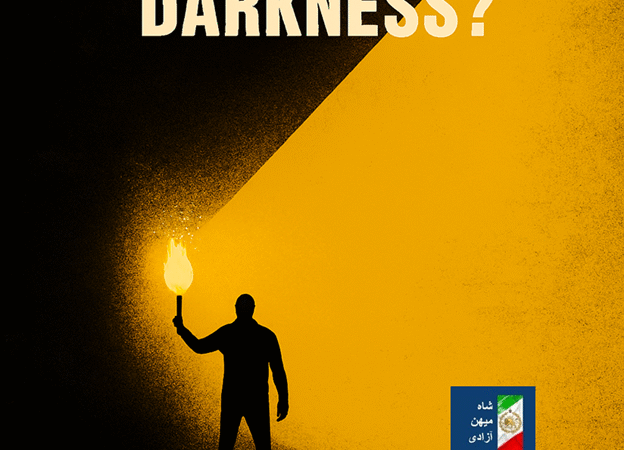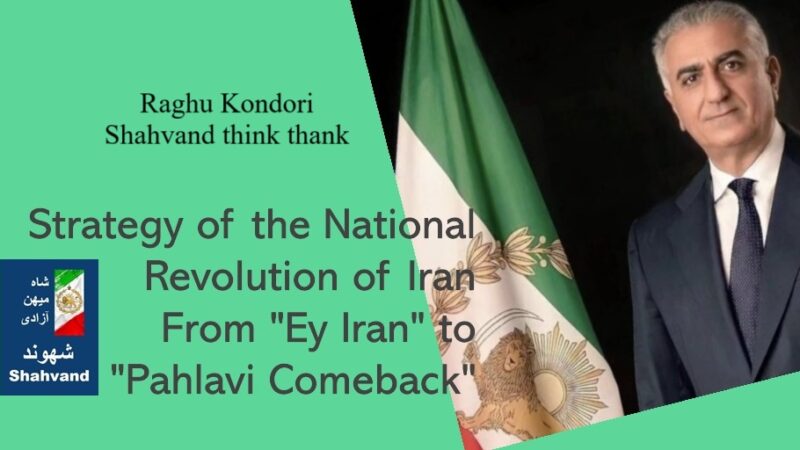Spiritual Secular Iran

Crown Prince Reza Pahlavi: “May God bless the people of Iran and may freedom soon bless our home”
Raghu Kondori | Shahvand Think Tank.
Iran today stands at a pivotal crossroads. With the eventual collapse of the Islamic regime, a profound question arises: how can the nation reconcile its timeless spiritual heritage with the urgent demand for democratic reform and secular governance?
Shahvand Think Tank has long championed a vision that may seem paradoxical yet is deeply Iranian: a “spiritual secular” Iran—where religion is separated from state institutions, even as the ethical and symbolic depth of 2,500 years of history continues to inspire and guide.
Unlike Western models of secularism that often sideline identity and tradition, this approach is rooted in Iranian soil. It protects citizens from clerical domination while preserving the moral and cultural layers that shape the Iranian soul. This synthesis envisions nothing less than Iran’s Ethical Renaissance—a society where spiritual values and secular democracy coexist in harmony.
Crown Prince Reza Pahlavi embodies this synthesis in both word and action. His initiatives, including the Iran Prosperity Project (IPP), emphasize rule of law, free elections, and national unity. His words—“May God bless the people of Iran and may freedom soon bless our home”—capture the dual aspiration of spiritual blessing and civic liberty, bridging sacred heritage with democratic renewal.
At first glance, the phrase “spiritual secular” may appear contradictory. Yet it offers a profound philosophical foundation: affirming spirituality as a cultural force while ensuring governance remains free from theological enforcement.
Together, Shahvand Think Tank and Crown Prince Reza Pahlavi point toward a uniquely Iranian path—where freedom and cultural identity advance hand in hand. In this vision, spiritual secularism is not a compromise but the cornerstone of a new, flourishing Iran—an era of Ethical Renaissance.


